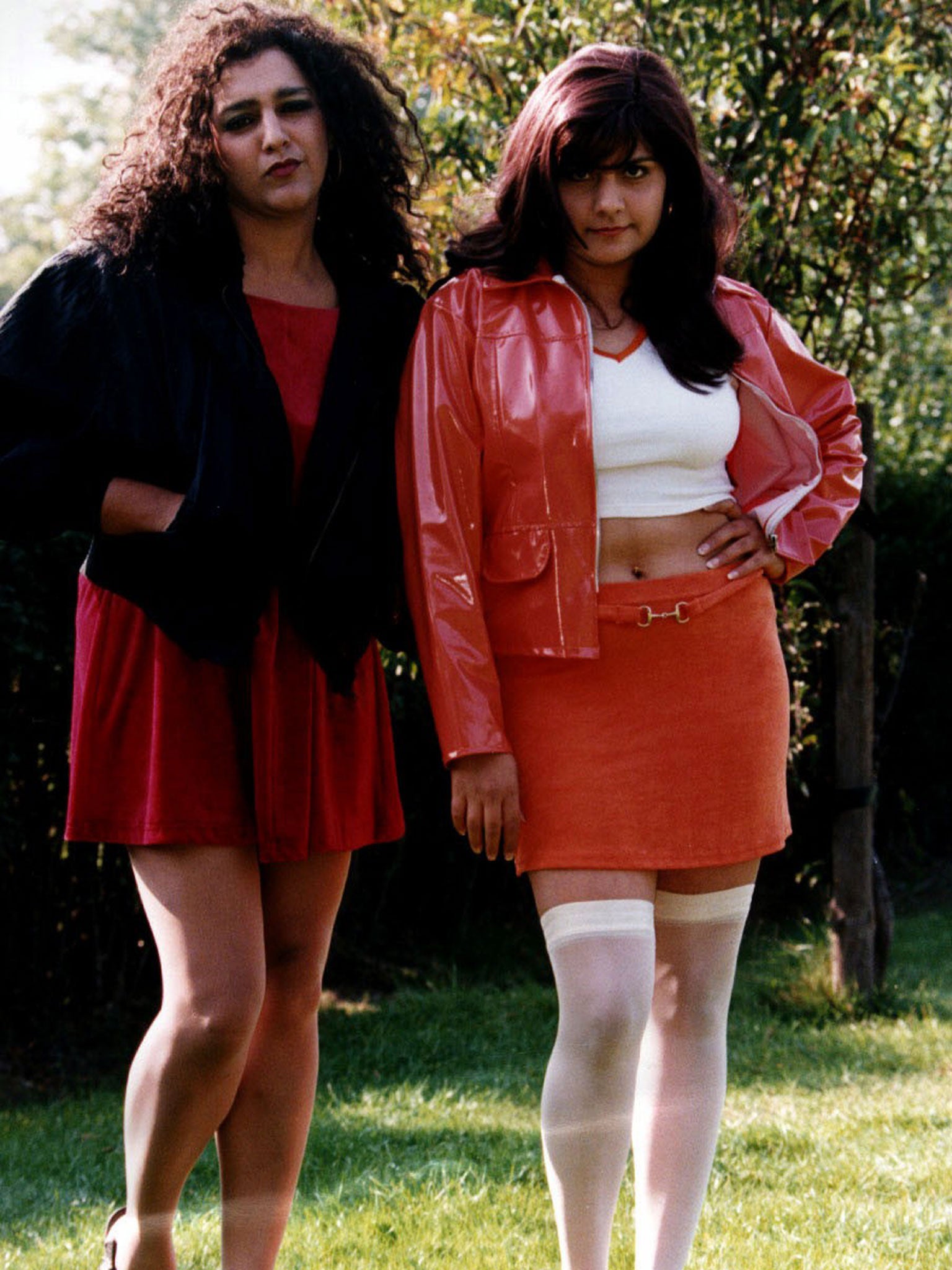The week in radio: Culture-clash comedy can still raise a smile

Your support helps us to tell the story
From reproductive rights to climate change to Big Tech, The Independent is on the ground when the story is developing. Whether it's investigating the financials of Elon Musk's pro-Trump PAC or producing our latest documentary, 'The A Word', which shines a light on the American women fighting for reproductive rights, we know how important it is to parse out the facts from the messaging.
At such a critical moment in US history, we need reporters on the ground. Your donation allows us to keep sending journalists to speak to both sides of the story.
The Independent is trusted by Americans across the entire political spectrum. And unlike many other quality news outlets, we choose not to lock Americans out of our reporting and analysis with paywalls. We believe quality journalism should be available to everyone, paid for by those who can afford it.
Your support makes all the difference.Regular Radio 4 listeners will already know The Reunion, the programme that has been picking at old scabs and offering moist-eyed snapshots of times gone by since 2006. It's about revisiting crowning glories and ghastly calamities of old, with the wonderful, and sometimes awful, benefit of hindsight. Like Desert Island Discs, it has a distinct format: a group of people are brought together to recall a shared moment in their lifetimes. Unlike DID, however, there is more scope for sadness, for joy, or for sheer, red-faced fury.
In fact, one of the programme's crowning achievements is in getting these people together at all. It can't be easy admitting mistakes to old colleagues and adversaries while dusting the cobwebs off one's past.
Previous episodes have brought together figures from both sides of the Greenham Common fence, and reunited those behind the collapse of Barings Bank.
I sat with my jaw on the floor as, earlier this year, assorted protagonists of the Hutton Enquiry, among them Andrew Gilligan, Greg Dyke, and Tony Blair's spokesman Tom Kelly, audibly suppressed the urge to lunge at each other's throats and resumed their protestations of innocence, as if the whole thing had happened a week ago. Most startling of all was the discovery that they had so much in common: each claimed that they were working in the service of truth and morality though, listening to their bickering, it was quite clear that most were in the service of their own monstrous egos.
In this week's episode – the first in a new series – monstrous egos were nowhere to be found and tone was, for much of the time, joyful. Presenter Sue MacGregor, best known for calmly making mincemeat of politicians on the Today programme for nearly 20 years, reunited the brains behind the BBC comedy Goodness Gracious Me, which first aired on Radio 4 in 1996 and later transferred to television. There were no histrionics here, just pride in a series that helped break the largely white, xenophobic mould of mainstream comedy.
Goodness Gracious Me – named in "tribute" to the Peter Sellers-Sophia Loren song inspired by their 1960 film The Millionairess – was the first series in the history of the BBC that was conceived, written and performed entirely by British-Asians. In examining the tensions between traditional Asian ways and modern British life, it yielded a host of celebrated sketches including "Going for an English", in which the cast get tanked up on lassis and order 12 bread rolls and a pint of ketchup, and "The Six Million Rupee Man", a daft re-working of The Six Million Dollar Man.
Here the show's major players, including Sanjeev Bhaskar, Meera Syal and producer Anil Gupta, discussed their early days as the toast of British comedy like people who couldn't believe their luck. "There was a general feeling amongst British Asians that they were finding their identity, and we were part of that," noted Bhaskar, who had, until the show's early success, been working in marketing.
But there was a discernible sadness too, in the fact that the door they had opened for the next generation of Asian performers seemed to slam shut after them. After three series, Good Gracious Me was cancelled and, soon after, the BBC and its rivals seem to forget the non-white audience. "We used to play the spot the-Asian-on-the-telly game when I was a kid and I find that I'm doing that again," sighed Syal.
If the irony of making this point on Radio 4 – the station that first championed them and yet remains dominated by white, middle-class presenters – had occurred to Syal, she was too polite to mention it.
Join our commenting forum
Join thought-provoking conversations, follow other Independent readers and see their replies
Comments